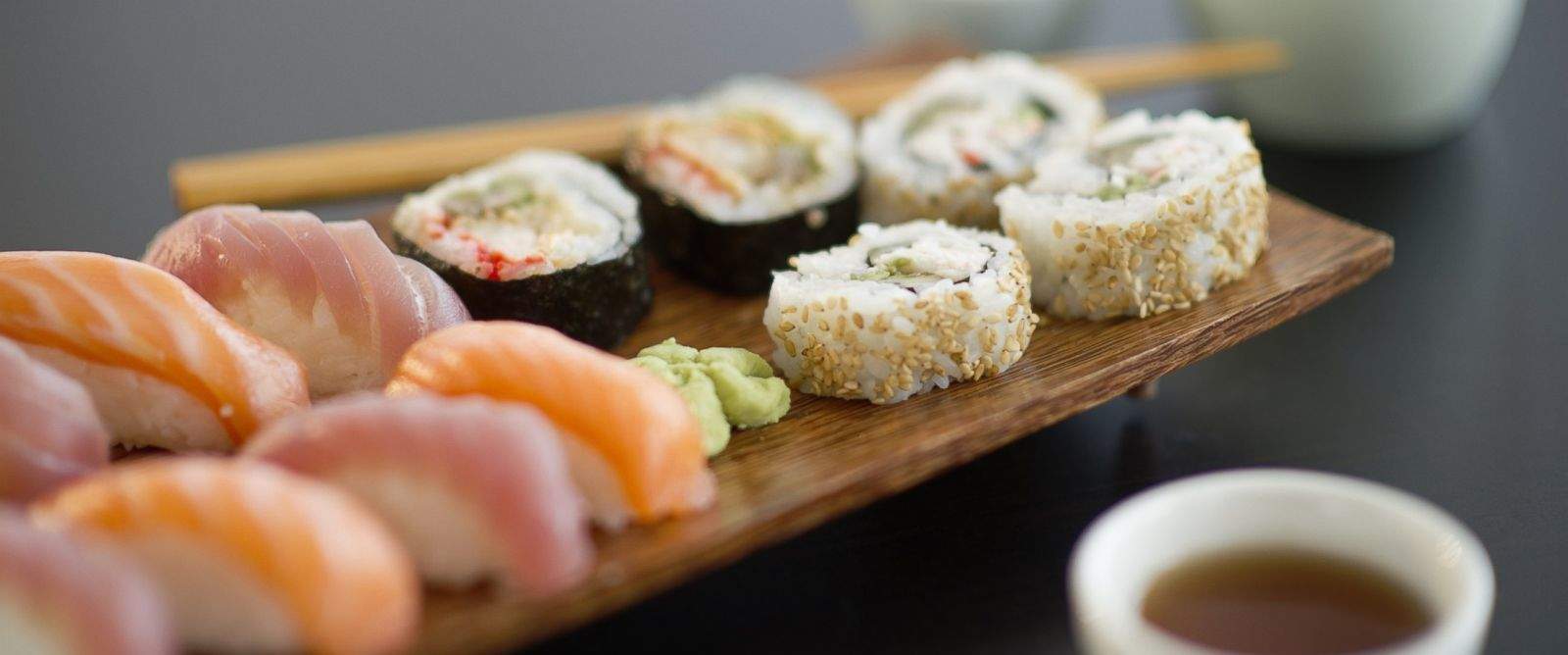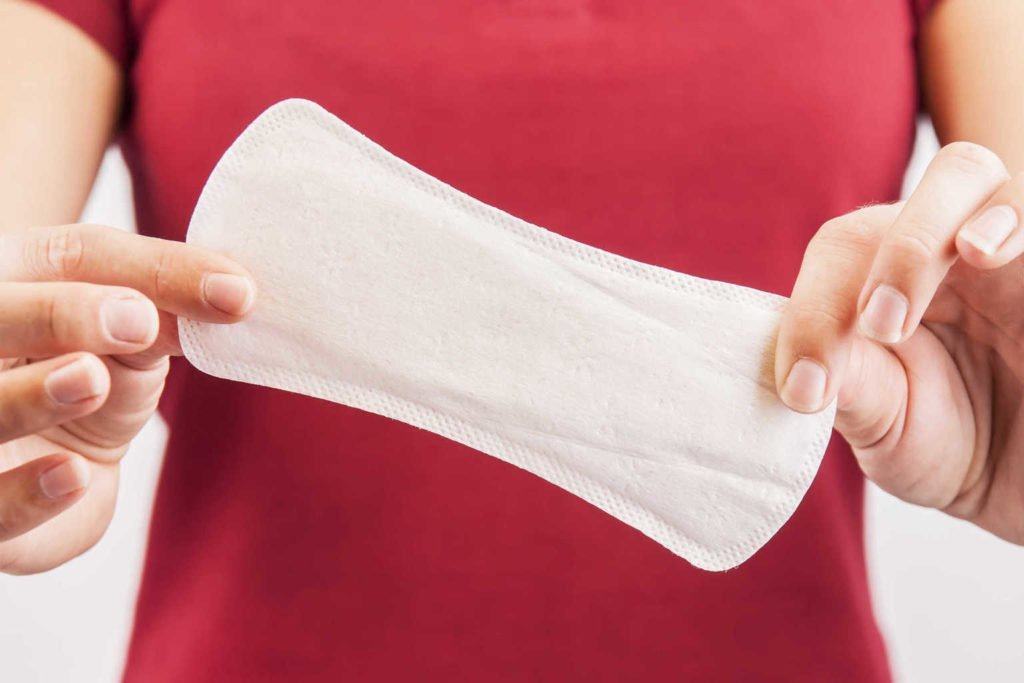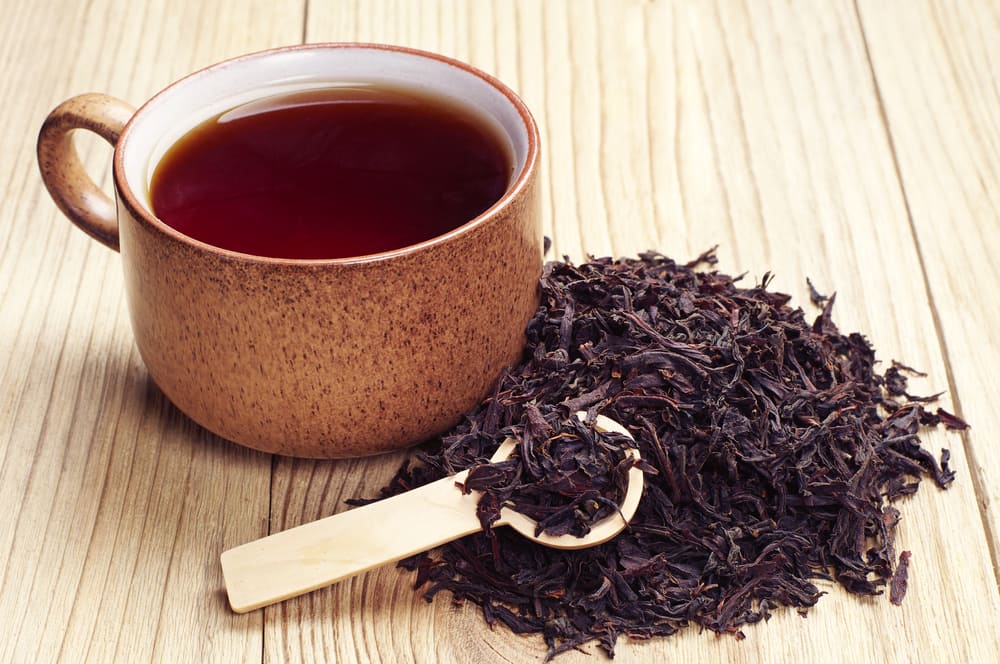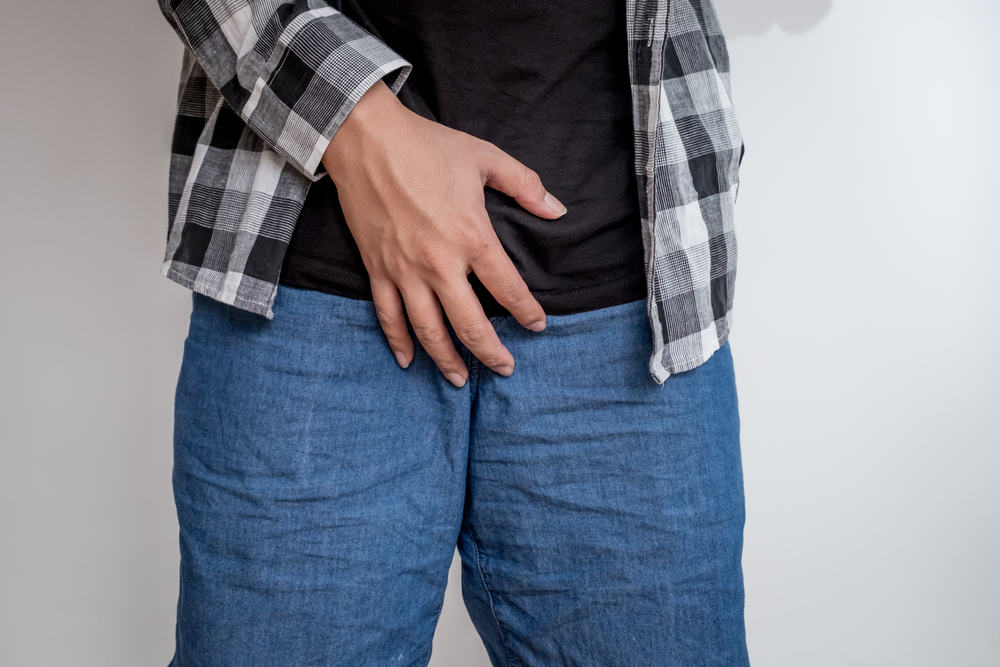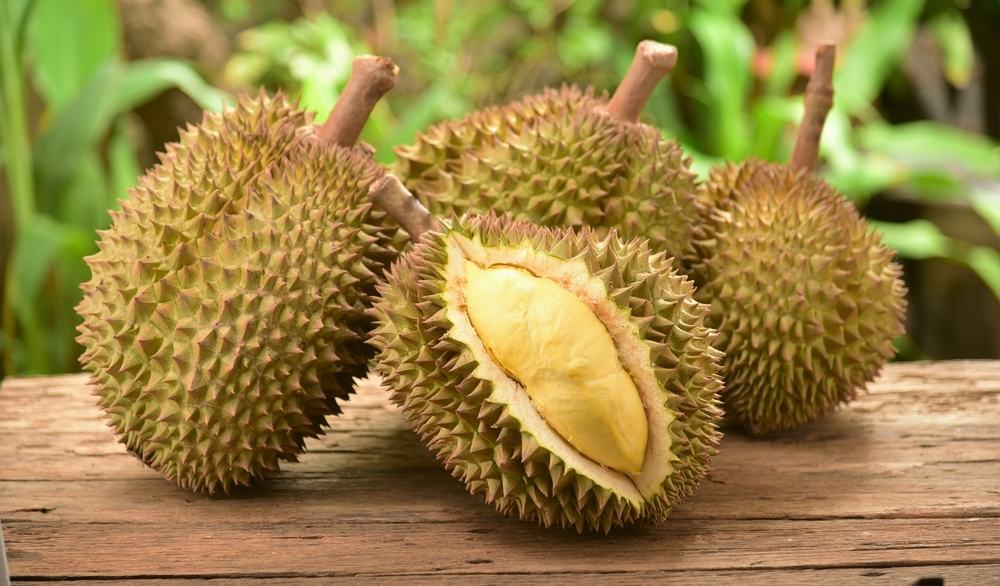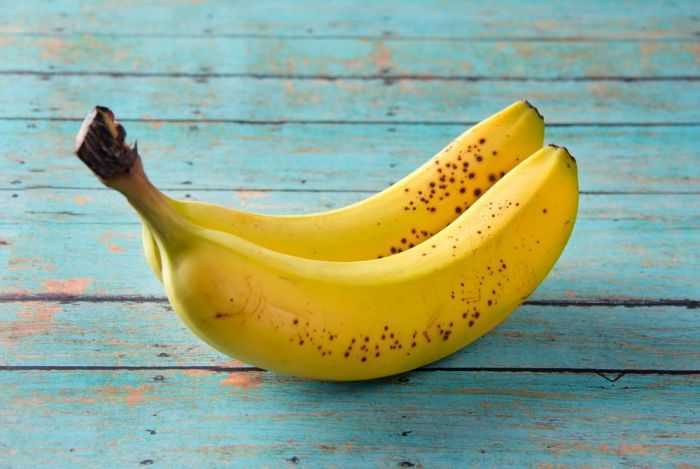Contents:
- Medical Video: Pregnancy Myth Buster
- Why is eating sushi when pregnant is not recommended?
- Sushi made from raw fish
- Sushi made from shelled sea animals
- Fish with high mercury content
- Conclusion
Medical Video: Pregnancy Myth Buster
With the increasing number of Japanese restaurants that stand in Indonesia, sushi is certainly no longer a new food on the tongue of the Indonesian people. Sushi even tends to be more practical for consumption. You can consume carbohydrates, protein and fiber with just a few mouthfuls. But is eating sushi during pregnancy safe?
Why is eating sushi when pregnant is not recommended?
Sushi is food originating from Japan which is formed by a combination of seafood which often uses fish, meat, vegetables and then wrapped with rice. Fish used in making sushi can come from various types and are processed in various ways, from raw fish to cooked fish that can be made into sushi. Sushi itself has been consumed in Japan since around 1958.
Fish are called rich in nutrients such as minerals, omega 3 and unsaturated fats. Of the many types of fish and types of processing used in making sushi, there are several types of sushi that should be avoided while pregnant, namely:
Sushi made from raw fish
Raw fish has the potential to contain parasites in the form of worms, commonly known as anisacis. This worm can cause health problems in people who consume raw fish. Infection caused by this worm is commonly known as anisakiasis which can cause symptoms such as abdominal pain, nausea, vomiting, and diarrhea.
Sushi made from shelled sea animals
Some sushi is also made from shelled sea animals such as shrimp, crabs and shellfish. Some literature says that eating shelled marine animals has the potential to trigger food poisoning, because these marine animals have the potential to contain viruses and bacteria especially if served raw.
Fish with high mercury content
Mercury is a chemical produced from the disposal of various human activities such as combustion, agriculture, and factory waste. The wastes are thrown into the river and eventually end up in the sea. In water, this mercury will bind to proteins in the fish muscle, then form methyl mercury.
Eating fish that has been contaminated with mercury causes mercury to enter the body, and can even affect the content of breast milk produced, for pregnant and lactating mothers. Mercury that has entered the body can also interfere with the nerves and even interfere with fetal growth and development. Actually, the human body can overcome the mercury content that enters this, but if it's still within the safe limit of 5.8 mcg / l.
But the condition of pregnancy is the phase where the body is very vulnerable and you also have to think about the impact on the fetus that you conceive. Some fish that have high mercury content, for example sharks, king mackerel, bigeye tuna, yellow fin tuna and swordfish.
Conclusion
The limited research that discusses the matter of consuming with its effects during pregnancy does not provide a definite answer to this condition. Culture in Japan that does not prohibit eating sushi while pregnant also adds to the list of pros and cons of this assumption.
However, it is strongly recommended to avoid sushi with fish conditions as mentioned above. Fish that will consume pregnant women should also have undergone a cooling process for 7 days with temperatures reaching -20 C or cooked at a minimum temperature of 70 C to kill various parasites and bacteria contained in them.

